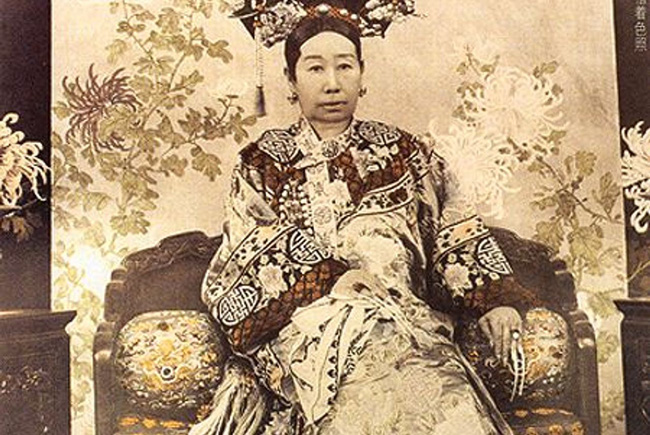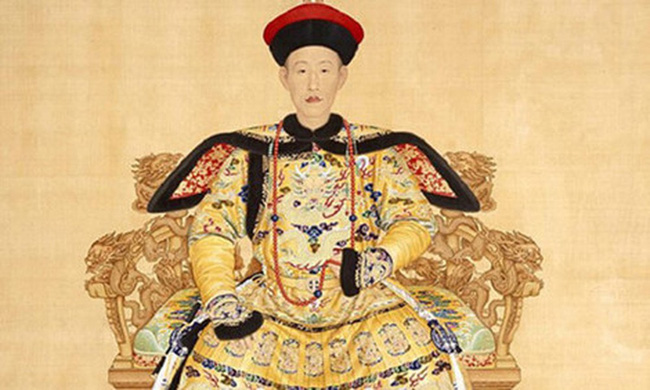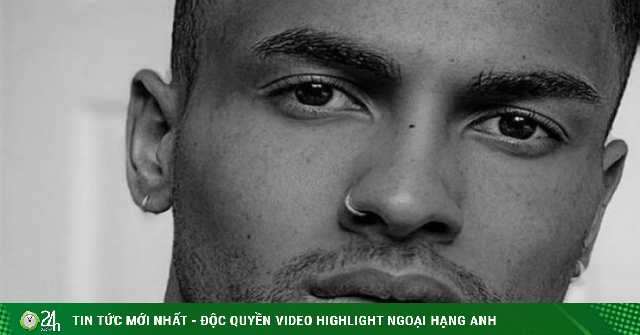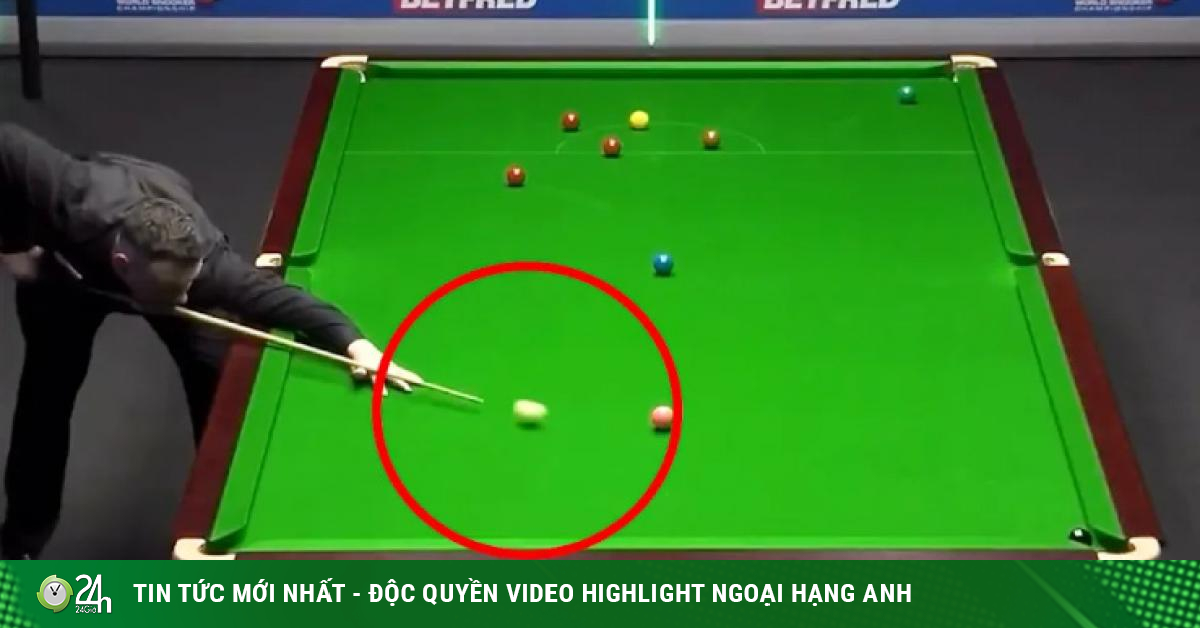Who are the old Buddhists in history?
In Chinese films, Empress Dowager Cixi – the empress dowager of the Qing dynasty often calls herself “the old Buddha”. Therefore, “old school of Buddhism” had become a special expression to address Empress Dowager Cixi, but she was not the first to use this title.
An excerpt recorded in the files of the villa of Thang Binh, who is in charge of the performance of the royal palace of the Qing Dynasty, reads: “December 24, 2nd year of Dong Tri, servant An Phuc carefully performs, January 1 Chinese New Year. Nguyen Tieu , Buddhist family sits to receive blessings in Tu Ninh palace, servant An Phuc brings Trung Hoa with four maids Trung Hoa Thieu Lac, please appear in harmony.”
In Dong Tri’s second year, in 1863, the general manager of the eunuch An Phuc in charge of Thang Binh villa came to Tu Ninh to bless the Buddhist family. Tu Ninh Palace was actually Empress Dowager Cixi’s residence, so “Buddhist House” here is used to refer to Empress Dowager Cixi.

Empress Dowager Cixi’s “old Buddhist family” picture
Until the 4th year of Dong Tri, a way to say “Eastern Buddhist School”, “Western Buddhist School” began to emerge, that’s also when Tu Hi and Tu An both used the word “Buddhist family” to greet.
In the 12th year of Dong Tri, the phrase “Buddhist parents” officially appeared when eunuch An Phuc first added the word “parents” in front of “Buddhist family”. However, the first person to be called the “old Buddha” was Tu An, not Tu Hi.
It wasn’t until March 1881, when Empress Dowager Tu An died, that the “old Buddhist family” became a familiar name to Tu Hi. Lately, Tu Hi loves to take pictures, every time he likes to dress up like Guan Yin, the great savior, that’s why people think “old Buddha” is Empress Dowager Cixi’s familiar name. .
Meaning of the word “Old Buddha” in Chinese history
To understand this title, we must know a concept that is “Emperor of Man”. It is the Tibetan Buddhist title of Emperor of China (specifically Emperor of the Qing Dynasty). Tibetan Buddhism respects and believes that the Chinese Emperor is the incarnation of the Bodhisattva Manjushri, making the world peaceful and turning the king’s wheel.
According to the views expressed and acknowledged by the Qing court itself, the name Manchuria comes from the name of the Bodhisattva Manjushri (Sanskrit: Manjusri). The name Bodhisattva Manjushri translated into Chinese characters means “Auspicious Luck”; Manju – Manjushri or Manju means beautiful, polite and graceful; sri- Profit or loss, meaning profitable, beautiful, dignified.

“Old Buddhist School” is also a Tibetan Buddhist title for the Emperor of China
And when the Emperor of Manchuria is proclaimed Emperor Manjushri or Emperor Manju – Emperor of Manchuria, he will be referred to as the Buddhist Family. Therefore, Lao Phat Gia is the name of the Emperor of the Qing Dynasty.
Throughout history, many emperors from different dynasties had special titles (in addition to temple titles, posthumous titles, and titles). For example, in the Song dynasty, the emperor was called “Quan Gia”, in the Ming dynasty, the emperor was called “Dai Gia”, in the Tang dynasty, the emperor was called “Saint”….
And that’s why, Empress Dowager Tu Hy’s intention when letting people call him “old Buddha” was to put himself on the same level as the emperor, wield supreme power, and satisfy his ambition of “under one man”. “from his youth.
at Blogtuan.info – Source: Eva.vn – Read the original article here



